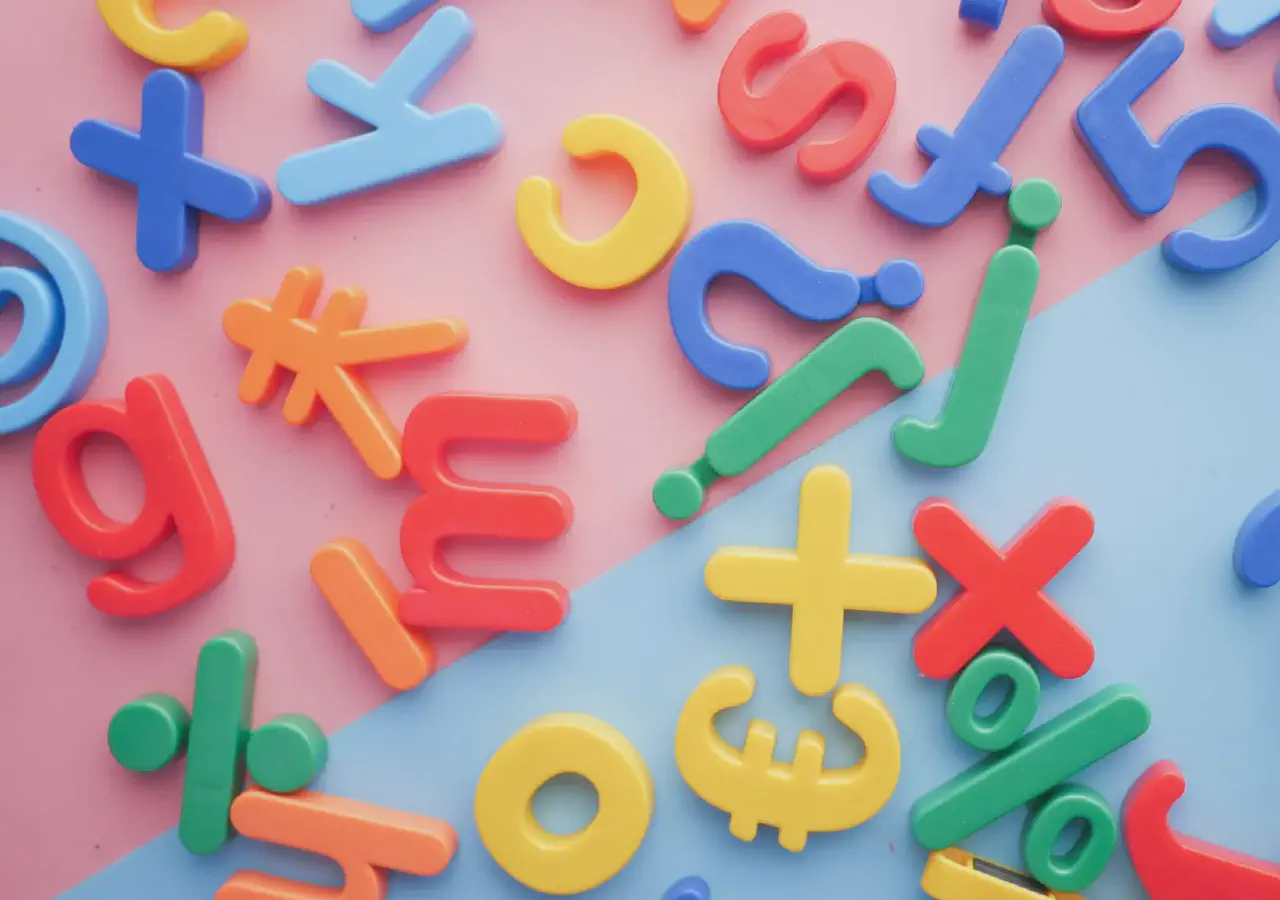The Future Of Remote Transcriptions Jobs In The Age Of AI

Are You Ready To Face The Future?
In recent years, the advancements in AI technology have raised concerns and fears about the future of various job sectors, including remote transcription jobs. In the words of Wayne Gretzky:
I skate to where the puck is going to be, not where it has been.
And so it is about any jobs in the age of AI.
With the advent of powerful transcription tools like OpenAI’s Whisper API, which claims to transcribe a 1-hour file in just 10 seconds with a Word Error Rate as low as 1%, it’s natural to wonder what place human transcriptionists have in this rapidly evolving landscape.
Opportunities Amidst AI Advancements
While the impressive capabilities of AI transcription tools like Whisper may seem daunting, it’s important to recognize that there are still opportunities for human transcriptionists to excel in the industry. Factors such as uncommon languages, data privacy considerations, and the need for human expertise in certain niches can ensure that remote transcription jobs continue to hold value. Althought the number of transcriptionist will be reduced drastically. In this article, we’ll explore the impact of AI on remote transcription jobs and provide guidance on how to adapt, thrive, and capitalize on this evolving landscape.
The Changing Landscape of Remote Transcription Jobs

The age of AI is transforming the landscape of remote transcription jobs at a rapid pace. As technology advances, it’s clear that low-level transcription work will likely become obsolete. However, the future isn’t linear, and as humans, we struggle to predict non-linear outcomes. While AI continues to dominate, there may still be opportunities for human transcriptionists to fill the gaps.
AI Adoption and Accuracy
AI transcription tools are becoming more accurate and widely adopted, which means that the demand for manual transcription services is decreasing. Many businesses and organizations are opting for AI-generated transcriptions because they are faster and more cost-effective than hiring a human transcriber. However, it’s important to remember that AI-generated transcriptions may not always be perfect. There will likely still be instances where human intervention is necessary to ensure the highest level of accuracy and quality, especially in specialized industries.
Niche Markets and Specialized Services
As AI takes over low-level transcription tasks, human transcriptionists must adapt by focusing on niche markets and specialized services. This could include transcribing complex content in fields such as medicine, law, or technology. Human transcribers with expertise in these areas may continue to find demand for their services, as their specialized knowledge is invaluable and difficult for AI to replicate.
Quality Control and Editing
One area where human transcriptionists can continue to excel is in quality control and editing. Even with AI-generated transcriptions, there may still be a need for human professionals to review and edit the output to ensure accuracy and adherence to formatting guidelines. This could result in a shift from traditional transcription roles to those focused on quality control and editing, allowing human transcriptionists to capitalize on their ability to spot errors that AI might miss.
Language Support
AI transcription tools are constantly improving and expanding their language support, but they may still struggle with less common languages or dialects. Human transcribers fluent in these languages can find opportunities by providing accurate transcriptions where AI tools fall short. This will help bridge the gap and ensure that clients with diverse language needs continue to receive high-quality transcriptions.
Ethical Concerns and Data Privacy
In some cases, clients may prefer human transcribers over AI due to concerns about data privacy, security, or the ethical implications of using AI technology. If you are doing military transcription…do you want to have Microsoft, Meta or Google reading your transcript? Probably not. Although, in the near future, it might be possible that people are able to host their own speech-to-text AI transcriptions…but who knows? It is possible that transcriptionists who prioritize data protection and client confidentiality can leverage this preference to maintain a competitive edge in the market. By emphasizing their commitment to privacy and security, human transcriptionists can continue to find work in an AI-dominated landscape.
Conclusion
The future of remote transcription jobs in the age of AI is undeniably uncertain, and it’s essential for transcription professionals to adapt and evolve in response to the rapidly changing landscape. While AI advancements may render low-level transcription work obsolete, opportunities will likely still exist for those who are willing to specialize, focus on quality control, or cater to niche markets.
By embracing new technologies and staying up-to-date with industry trends, transcriptionists can find ways to capitalize on their unique skills and expertise. It’s crucial to maintain a positive outlook and continuously seek opportunities for growth and development. Maybe the future of most white collar workers will be to write prompts and review the output. That seems like a highly probable future.
Ultimately, the key to success in the ever-evolving world of remote transcription jobs lies in adaptability, resilience, and a commitment to learning. By staying informed and prepared, transcription professionals can navigate the challenges presented by AI technology and continue to thrive in their careers.
